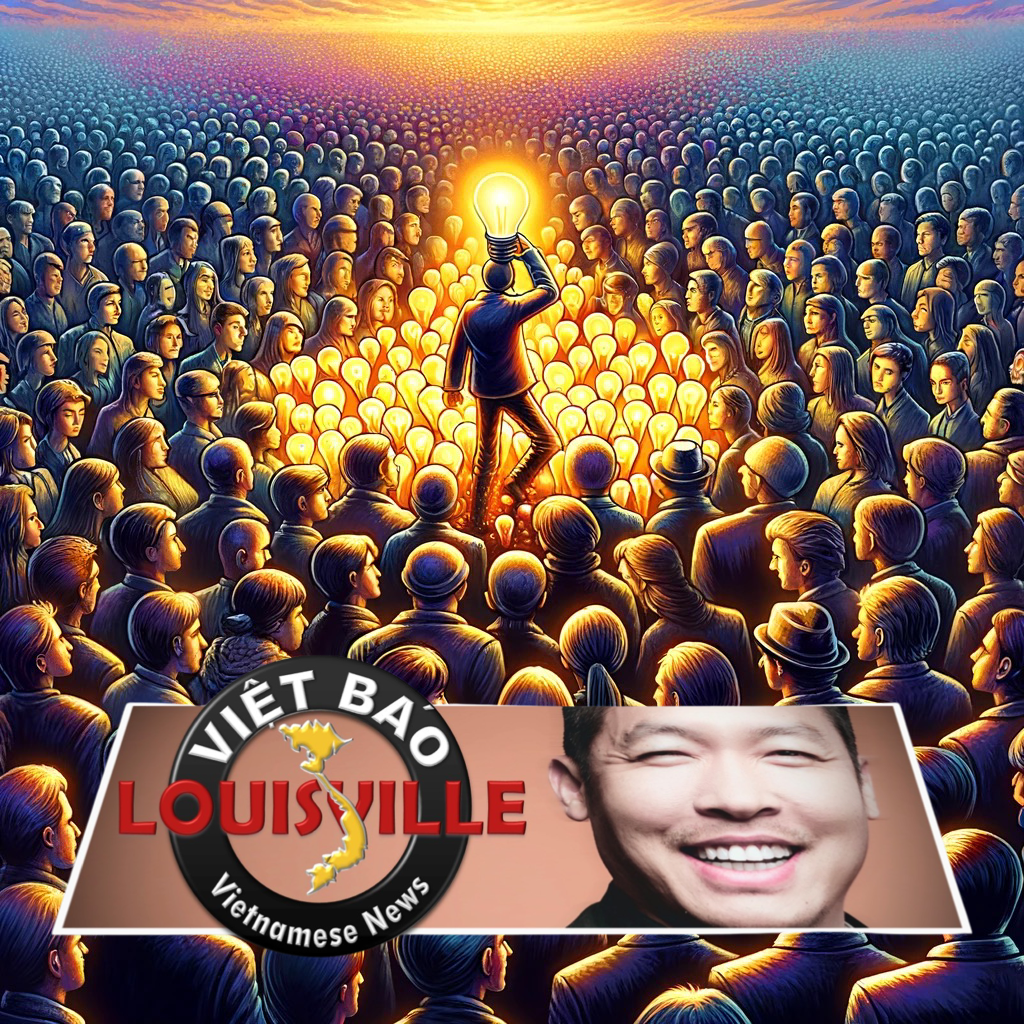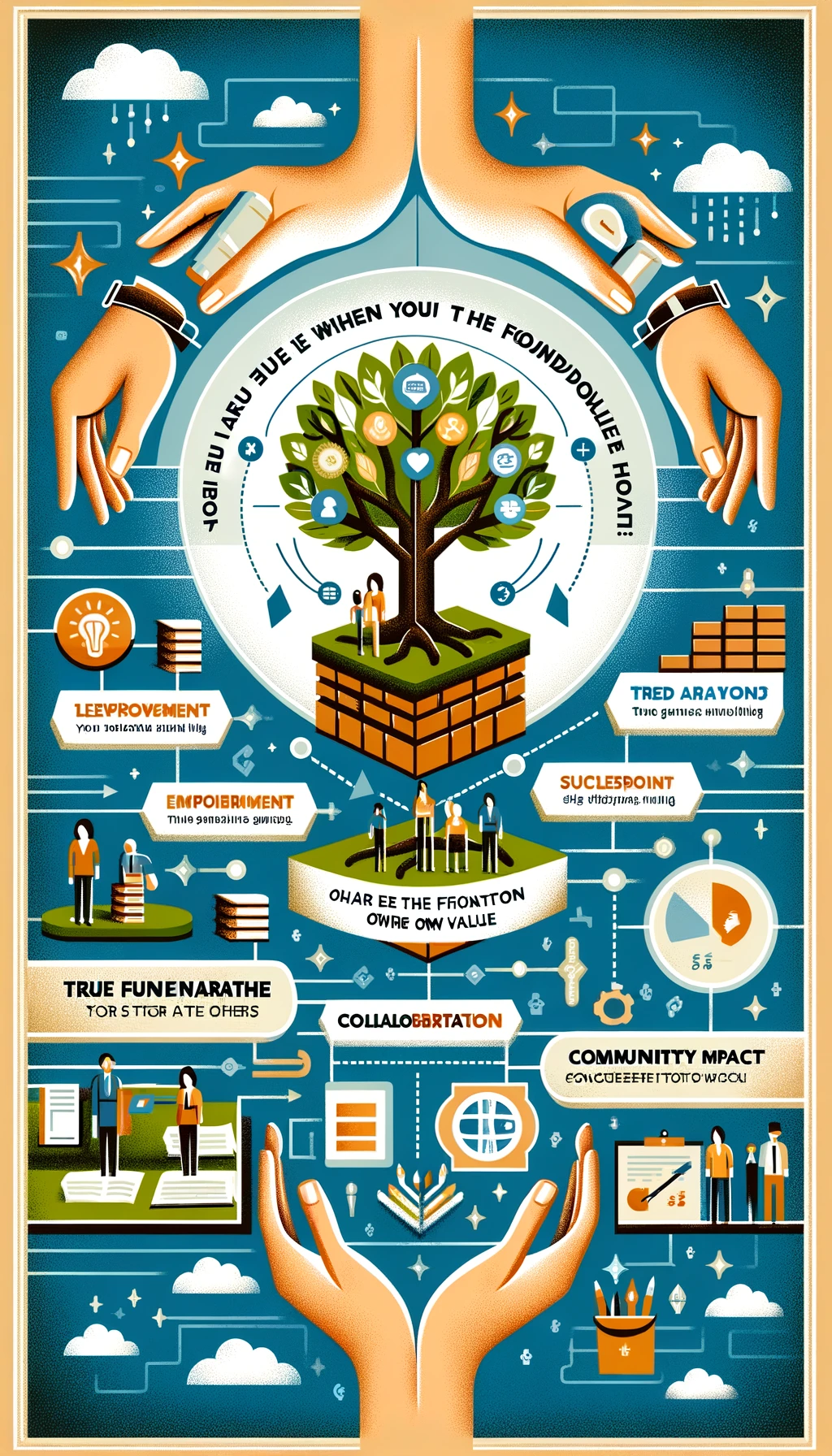
In the labyrinth of human interaction, the dynamics of crowds stand as both a marvel and a maze, offering a paradoxical blend of anonymity and influence, support and suppression. The assertion that “the crowd is the hiding place for the fool and the place where talent is destroyed” serves as a poignant critique of these dynamics, encapsulating the dual-edged nature of collective behavior. This exploration delves into the depths of this statement, unraveling its implications on individuality, mediocrity, and the cultivation or obliteration of talent within the vast sea of societal norms.
The Crowd as a Refuge for Mediocrity
At first glance, the crowd offers a sanctuary for the individual, a place where one’s flaws, inadequacies, or lack of knowledge can dissolve into the collective identity. This phenomenon, rooted in the psychological concept of deindividuation, suggests that within the mass, personal accountability and distinctiveness fade, allowing for a certain level of comfort in anonymity. Here, the individual can evade scrutiny and the pressure of expectation, as the collective judgment and actions of the group overshadow personal responsibility.
However, this refuge is not without its consequences. The safety of the crowd, while comforting, often fosters a breeding ground for complacency and mediocrity. The lack of individual accountability may lead to diminished personal growth and a reluctance to challenge oneself or the status quo. In this context, the crowd does not just shelter the fool; it nurtures foolishness, diluting the drive for knowledge, self-improvement, and excellence.
The Suppression of Talent and Innovation
On the flip side of the coin, the crowd presents a formidable barrier to the expression and recognition of talent. True talent, with its inherent deviation from the norm, poses a threat to the uniformity and predictability cherished by the collective. Innovative ideas, creative endeavors, and unconventional paths are often met with resistance, skepticism, or outright hostility. This dynamic can be attributed to various factors, including jealousy, fear of change, or the simple inability of the masses to recognize or understand the value of unique contributions.
The suppression of talent within the crowd is not merely a matter of personal struggle but reflects a broader societal challenge. It highlights the tension between conformity and innovation, between the comfort of the familiar and the uncertain promise of the new. Talented individuals, in their quest for expression and acceptance, often find themselves at odds with the collective, navigating a precarious path between maintaining their distinct voice and yielding to the pressures of conformity.
Navigating the Terrain: The Path Forward
The intricate dance between the individual and the crowd raises critical questions about the nature of progress, creativity, and the cultivation of talent. How does society foster an environment where talent is not only recognized but nurtured, where innovation is encouraged rather than stifled? The answer lies in cultivating a culture that values diversity of thought, encourages critical thinking, and champions the courage to challenge prevailing norms.
Promoting individual responsibility within the collective, encouraging constructive dissent, and valuing the pursuit of excellence over the comfort of conformity are essential steps in this direction. Education systems, social institutions, and cultural norms must evolve to celebrate differences, reward innovation, and provide a supportive environment for talented individuals to flourish.
In conclusion, the assertion that “the crowd is the hiding place for the fool and the place where talent is destroyed” serves as a stark reminder of the double-edged sword of crowd dynamics. It challenges us to reflect on our own roles within the collective and the impact of our actions on the cultivation of talent and the promotion of individuality. Navigating this complex terrain requires a delicate balance, one that respects the value of the group while championing the indispensable role of the individual in driving progress and innovation. In the end, the vitality of our society depends on our ability to embrace diversity, foster talent, and encourage the kind of independent thinking that propels humanity forward.

